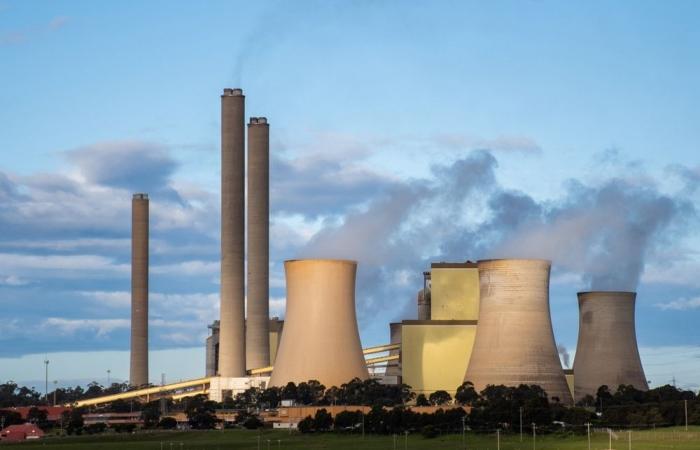The International Energy Agency (IEA) has just revealed its projections for 2025. Inside, the share of nuclear power in electricity production globally. This year, it should break records, in particular thanks to the new reactors.
Nuclear electricity production even more important in 2025
The rise of nuclear production is poised to redefine the global energy balance, with record figures expected for 2025. According to the International Energy Agency (IEA), nuclear power plants are expected to produce nearly 2,900 terawatt hours (TWh) that year, or about 10% of the world's electricity. This rebound, after several years of stagnation, underlines the renewed importance of this technology, in particular via mini-reactors, easier to produce and less expensive, which represent the future of the sector.
While historic countries like the United States or France are losing their status as leaders in the nuclear sector, China is establishing itself as a key player. Of the 52 reactors whose construction has started globally since 2017, 25 are Chinese designs, marking a turning point in the industry. Lhe rise of China is part of a global strategy aimed at electrifying many sectors, such as transport, factories and data centers, to support the development of new technologies, notably artificial intelligence.
This renewed interest in nuclear energy comes after a long period of slowdown following the Fukushima accident in 2011. Today, the IEA estimates that the number of active reactors exceeds 410, distributed in more than 30 countries, with rapidly growing production capacity.
A global dynamic
Nuclear production is booming, with a steady increase since 2023, when it reached 2,742 TWh, before increasing to 2,843 TWh in 2024 and a new peak expected at 2,900 TWh in 2025. To meet this growing demand, more 70 gigawatts of new capacity are being built, a level not reached in several decades.
-This development is, however, marked by persistent challenges, particularly in terms of costs and deadlines. In France, EPR reactor projects, designed to be technological showcases, suffer from multiple delays and budget overruns. The Flamanville case hurts the image of the sector. But the new mini-reactors are raising a lot of hope around the world.
A reaction? Leave a comment
Did you like this article? Subscribe to our free newsletter for engaging articles, exclusive content and the latest news.



